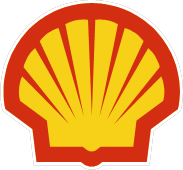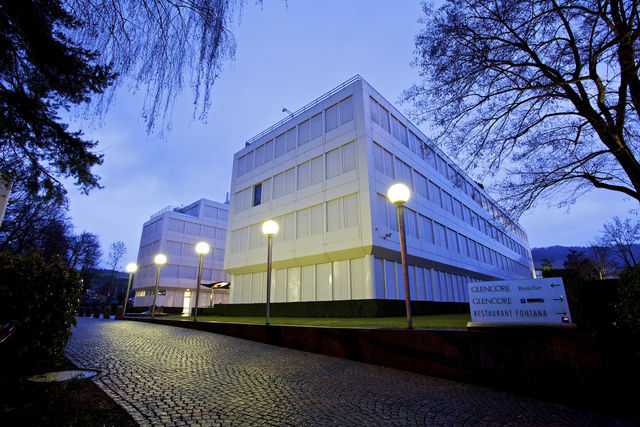 11 July 2014, Sweetcrude, Lagos – Under normal circumstances, minimal CAPEX and OPEX are expended on land-based hydrocarbon assets whilst assets in water are considered to be considerably more expensive to deploy. Today, in Nigeria, the scales are tipping in favour of mega projects in deepwater for IOCs. Divesting IOCs are now focusing more on green field deepwater projects rather than getting themselves encumbered with the unending problems that plague hydrocarbon assets that are located on land, swamp and shallow water. To be on the conservative side, Nigeria is losing hundreds of thousands of barrels of crude oil a day to pipeline vandalism or theft, so that it makes much sense to invest where losses are minimal, security is less of an issue and uncertainties are low. This is bad news for the leadership of Nigeria and Nigerians because in real terms, land based investments should have a higher return in the short to medium term. We can only hope that marginal field owners deploy the right technologies to optimize their production on land or swamp, secure the pipelines and share facilities to reduce operational costs. We are also hopeful that independents would be able to resolve land based issues amongst operational stakeholders and the host communities.
11 July 2014, Sweetcrude, Lagos – Under normal circumstances, minimal CAPEX and OPEX are expended on land-based hydrocarbon assets whilst assets in water are considered to be considerably more expensive to deploy. Today, in Nigeria, the scales are tipping in favour of mega projects in deepwater for IOCs. Divesting IOCs are now focusing more on green field deepwater projects rather than getting themselves encumbered with the unending problems that plague hydrocarbon assets that are located on land, swamp and shallow water. To be on the conservative side, Nigeria is losing hundreds of thousands of barrels of crude oil a day to pipeline vandalism or theft, so that it makes much sense to invest where losses are minimal, security is less of an issue and uncertainties are low. This is bad news for the leadership of Nigeria and Nigerians because in real terms, land based investments should have a higher return in the short to medium term. We can only hope that marginal field owners deploy the right technologies to optimize their production on land or swamp, secure the pipelines and share facilities to reduce operational costs. We are also hopeful that independents would be able to resolve land based issues amongst operational stakeholders and the host communities.
The Federal Government of Nigeria needs to take cognizance of the fact that there are oil and gas discoveries, proposed and on-going projects in Ghana, Angola, Gabon, Equatorial Guinea, Sao Tome & Principe, Mauritania, Cote d’Ivoire and Liberia that are attractive to investors, that could adversely affect the economic viability or profit margin on Nigeria’s hydrocarbon. West African reserves have almost doubled in 16 years. Uganda and Kenya have recorded big finds, and the world is presently excited about discoveries offshore Mozambique (ENI Area 4 Gas Projects), the largest gas find in recent years and which is very likely going to upset Nigeria’s LNG plans. Also, 50 out of 55 countries in Africa have either established hydrocarbon reserves or have begun active prospecting for it. The increasing number of players in sub-Saharan Africa demands that Nigeria focuses on short, medium, and long term plans to reposition Nigeria as a leader of some sort in the global hydrocarbon equation. What exactly will Nigeria be known for in the next five years? Reserves? Deepwater Projects? LNG? Domestic Gas Utilization including Power? Refining? Petrochemicals? Fertilizer Plants? The fact that I do not see any concerted effort and seriousness on Nigeria’s part to lead in many of these areas is worrisome.
It is almost obvious that Brass LNG, Train 7 and OK LNG are considered high investment risk assets based on the unknown factor of the current security challenges that face the nation, and hence the inability to compete with other LNG producing nations on pricing, since security, proposed fiscal regime and the delayed passage of the PIB are major risk issues to be considered. However, Bonga SW-APARO, BOSI, NSIKO if made to see the light of day with accelerated FID’s and Contract Awards may become the game changers. The deepwater projects and their economics seem more favourable bearing in mind the fact that technology has improved and the terrains are better understood. Now is the time for IOCs that are more favourably disposed to investing in Nigeria to conduct pre- election activities, such as revisiting feasibility studies and appraisal records, engaging in-house experts to redefine the company’s business model and reposition the business to optimize their assets. One cannot overemphasize the need for intelligent data Change Managers. However, it is noteworthy to remember that the economics of projects post-PIB, where price-based royalty for crude oil and gas are being proposed for sales beyond $70/bbl and $7/mmbtu respectively may stall FID on certain projects.
It is becoming impossible to convince the world that Nigeria is an investor’s safe haven. There is a need to focus on security in Nigeria and of hydrocarbon assets, such as pipelines (Warri-Kaduna, Port-Harcourt-Aba, Bonny-Port Harcourt, Warri-Benin, Escravos-Warri etc.), Investment in Refinery, Petrochemical and Fertilizer plants and the Gas Master Plan is experiencing delays because the deregulation of the downstream of the oil and gas industry is yet to be fully implemented. What Nigeria’s Oil and Gas industry needs is the collaboration of a credible crop of leaders, professionals, and entrepreneurs who are prepared to sacrifice short-term gain for long-term rewards. If ethical business can be conducted with meritocratic contracts awarded within 2 – 3 months, the best oil and gas stakeholders would deliver innovative hydrocarbon projects and Nigeria would attract FDI. If the Minister is able to feel the pulse of the local and international players, she would understand that now is the time for her to clean up the mess of delayed contracts and take far reaching steps to restore Nigeria’s lost glory.



